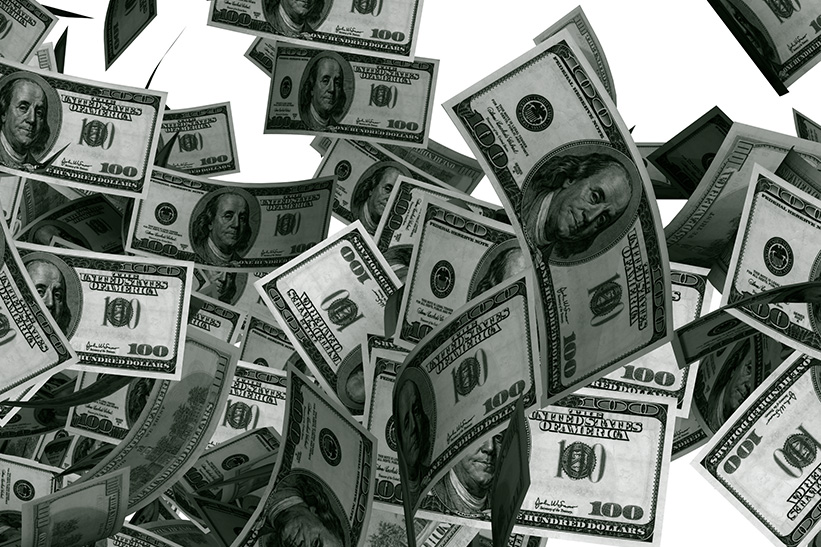As scientists spend grant money attempting to bring into modern times the extinct Woolly Mammoth, conscientious citizens should be concerned about a more pressing matter: cloning our few good leaders before they go extinct. Ron Paul in particular.
The mammoth is a hard thing to clone: DNA breaks down over time.
Leadership requires candidates of good character combined with the right ideas.
The ideas are the DNA. Ron Paul’s have been nicely identified by Nassim Taleb as “The Big Four”: opposition to (1) deficits and metastatic government, (2) Federal Reserve flirting with hyperinflation, (3) self-feeding militarism, and (4) bailouts that undermine economic resilience (“what is fragile should break early and not too late”).
Such notions have been available to Americans since the Founding.
But folks with the right character?
That’s more difficult, because each of us is embedded in the institutions we grow up in, and accepting those institutions is natural. This isn’t a problem for leadership to maintain the current system. It is, however, a bit of a snag for producing leaders to help greatly alter the system. The rewards for bucking the system are less immediate than for supporting it.
Ron Paul has been running for the presidency largely to promote real, substantial change. His son, Rand Paul, has taken his ideas and added some successful and politic twists.
There are other, younger leaders emerging in the Ron Paul mode. A few are discussed in the current book, Ron Paul’s Revolution, by Brian Doherty.
But consider: Maybe we don’t want to “send in the clones” — maybe you want to take up the mission. Don’t dismiss the idea out of hand.
Or laugh in a friend’s face if he or she indicates interest, a calling.
This is Common Sense. I’m Paul Jacob.


